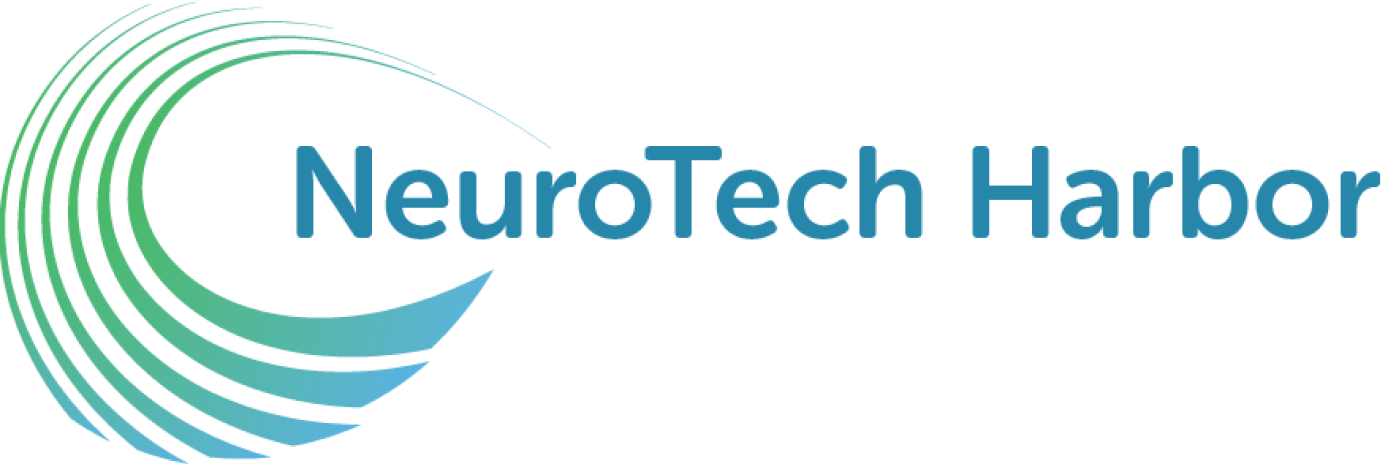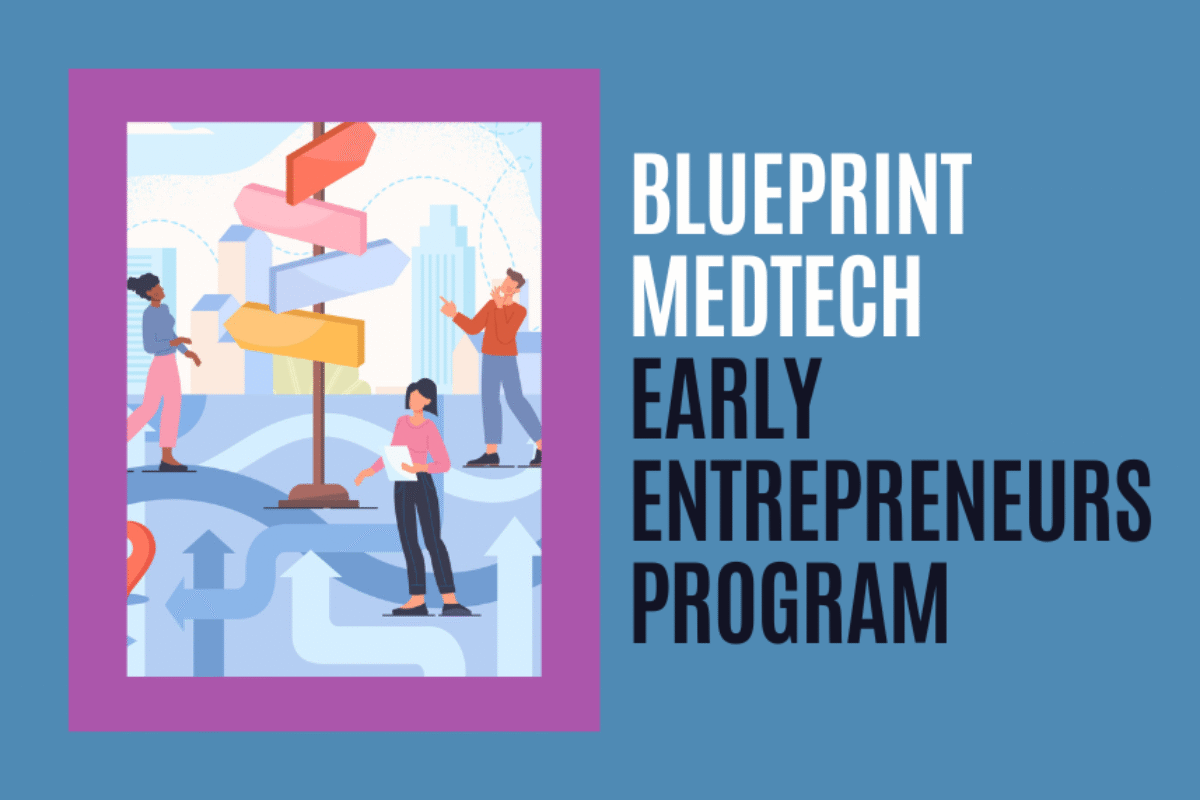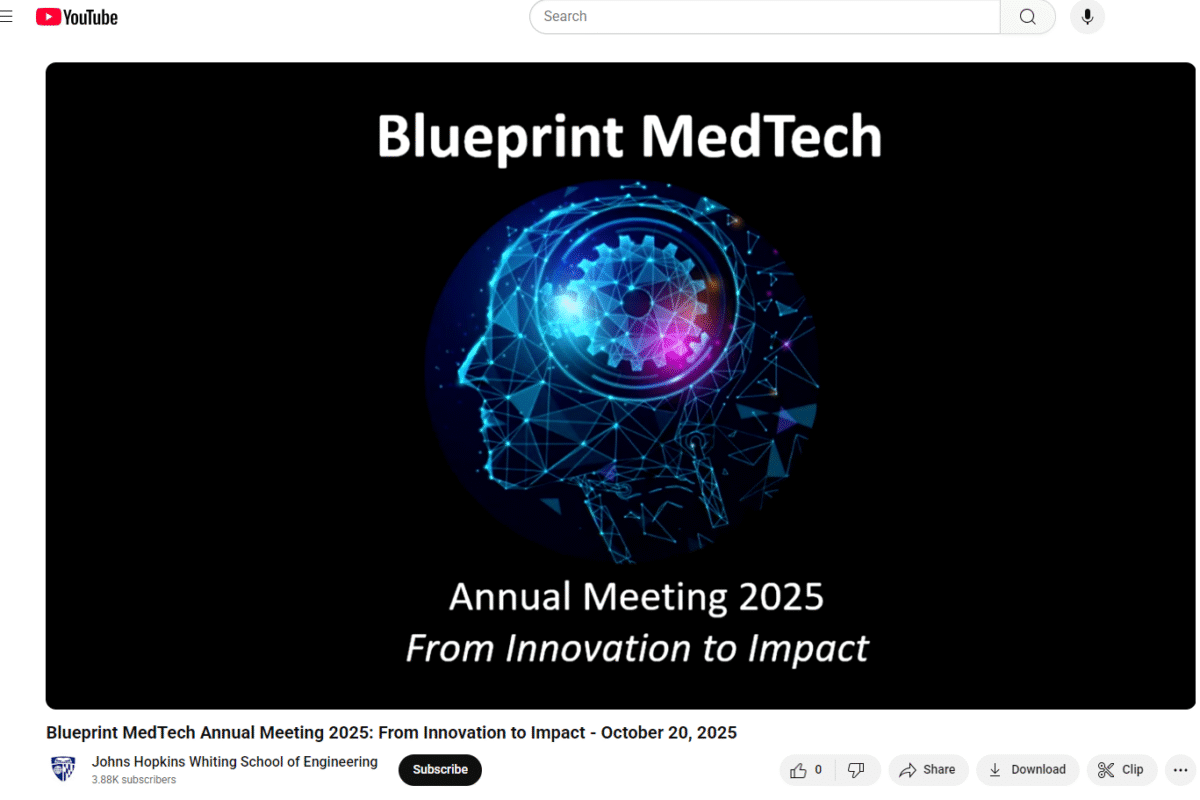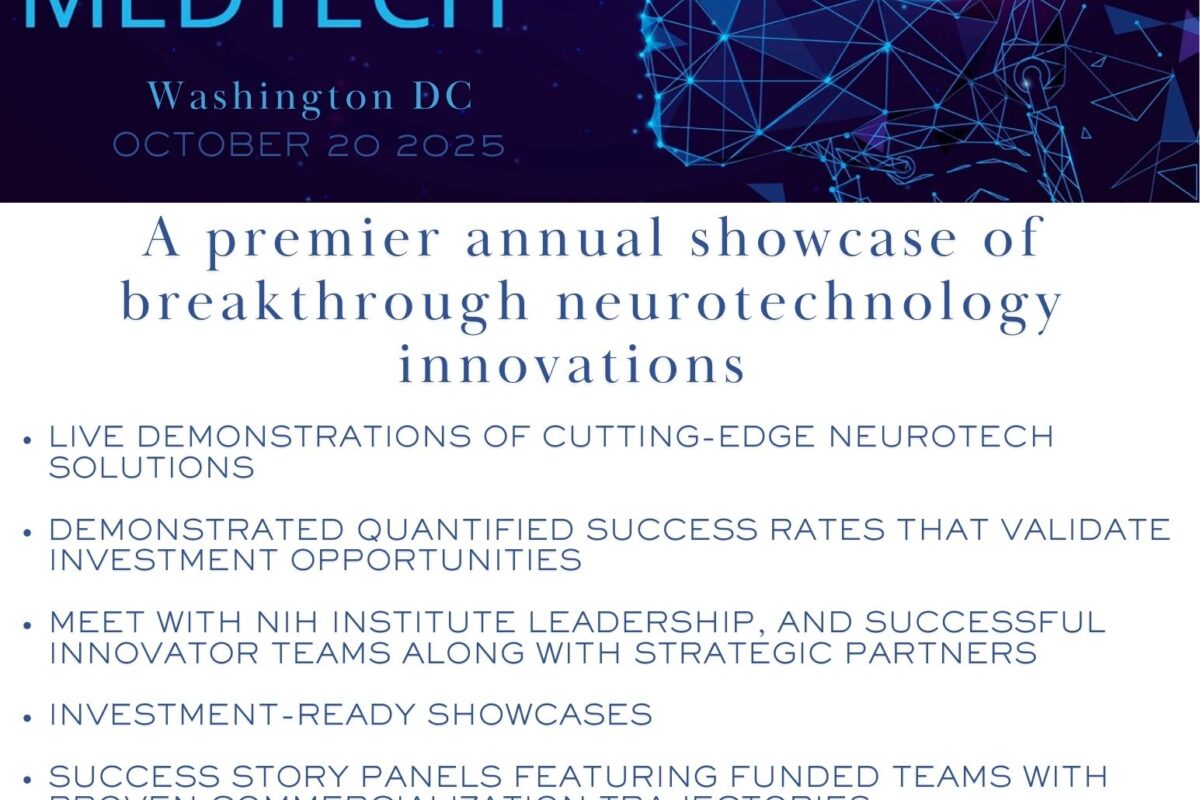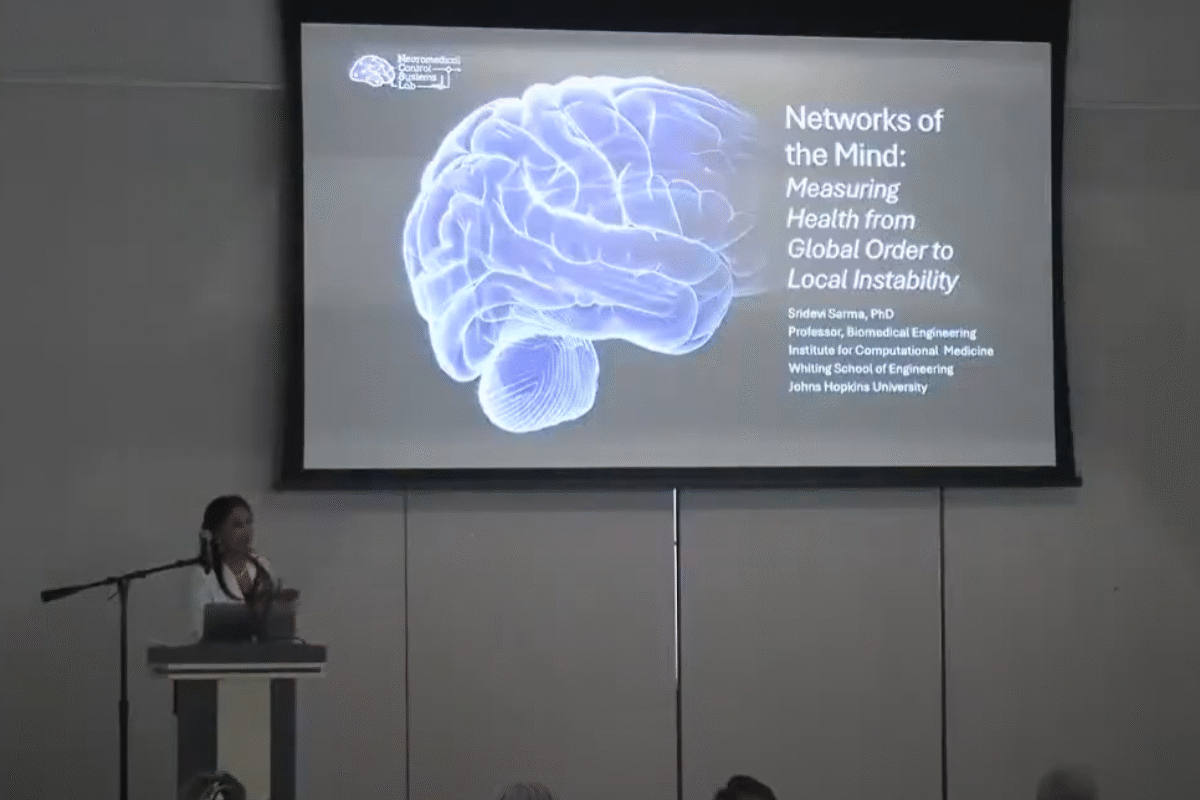Executive Summary
Join NIH leadership, and MedTech innovators at this premier annual showcase of breakthrough neurotechnology innovations ready for commercialization. The Blueprint MedTech program has created a unique ecosystem that de-risks early-stage MedTech investments through strategic NIH backing and proven translational pathways.
Key Value Propositions:
- Direct access to vetted, NIH-funded innovations across the full development pipeline from early feasibility to clinical translation
- Demonstrated ROI metrics and quantified success rates that validate investment opportunities
- Exclusive networking with NIH Institute leadership, successful innovator teams, and strategic industry partners
- Live demonstrations of cutting-edge neurotech solutions addressing major market needs
Investment-Ready Showcases:
- Success story panels featuring BPMT-funded teams with proven commercialization trajectories
- NeuroQuantum innovations representing the next frontier of neurological treatment and diagnosis
- Assistive and restorative MedTech addressing large, patient populations
- Patient-centered solutions with validated clinical need and market fit
Strategic Networking Opportunities: Interactive exhibitions and dedicated networking sessions designed to facilitate concrete collaboration discussions and strategic partnerships with innovators who have government validation and infrastructure support.
For additional information or if you have any questions, please contact nmangan2@jhu.edu.
October 20 | Day One
Kellogg Conference Hotel, Capitol Hill at Gallaudet
8:00 AM – 9:00 AM: Welcome Registration and Networking Breakfast
9:00 AM – 9:15 AM: Welcome
Michael Chiang, PhD, Institute Director of the National Eye Institute, NIH
9:15- 10:00 Keynote: “The Future of MedTech/ Innovation”
Riki Banerjee, PhD, Tangible Neurotech LLC
10:00 AM – 11:15 AM: Panel and Discussion: “Neurotech Solutions: Meeting Patients Where They Are”
Moderator: C. Rory Goodwin, MD, PhD, Duke Department of Neurosurgery, Director Duke Center for Brain and Spine Metastasis
Panelists:
- Steven Schachter, MD, Mass General Research Institute, Chief Academic Officer for Cimit, Professor of Neurology at Harvard Medical School
- Allan Belzberg, MD, FRCSC, Neurosurgeon Johns Hopkins School of Medicine, George Heuer Professor of Neurosurgery, Director of Peripheral Nerve Surgery
- Henry Brem, MD, Neurosurgeon Johns Hopkins School of Medicine, Harvey-Cushing Professor of Neurosurgery and former Neurosurgeon-in-Chief Johns Hopkins University
- Sri Sarma, PhD, Professor Biomedical Engineering, Vice Dean graduate education Whiting School of Engineering, founder Neuromedical Control Systems Lab
- Rina Dirickson, Computational Neuroscience & Biophysics at The Johns Hopkins University, Mayo Clinic SURF 2025: patient perspective
11:00 AM – 11:45 AM: Program Overview & Impact Metrics
- Paolo Bonato, PhD, Director of Motion Analysis Laboratory at Spaulding, Associate Professor, Harvard Medical School
- Youseph Yazdi, PhD, Executive Director, Center for Bioengineering Innovation and Design, Associate Professor Biomedical Engineering, Whiting School of Engineering, Johns Hopkins School of Medicine
12:00 PM – 1:45 PM: Networking Lunch & Interactive Exhibition
1:45 PM –2:30 PM Success Stories & Panel Discussion “The Blueprint MedTech Innovator Journey”
Moderators:
- Santosh Venkatesha, MBA, Director Innovation and Admin Core, Johns Hopkins NeuroTech Harbor
- Evaristus Nwulia, MD, MHS Co-founder and Chief Scientific Officer Evon Medics, Professor of Neuroscience Howard University
- NeuroTech Innovator Presentations
2:30 PM – 3:15 PM: Discussion: “NeuroQuantum: How clinical needs, challenges and forecasts dictate the direction of Neuro Innovation”
Panelists:
- Bob Storey Managing Partner The LaunchPort
- Ralph Etienne-Cummings, PhD, Professor of Electrical and Computer Engineering Johns Hopkins University
- Lara Jehi, MD, Chief Innovation Officer and Professor Neurology Cleveland Clinic and epilepsy specialist
- Geetha Senthil, PhD, Deputy Director NIH NCATS
3:15 PM – 3:45 PM: BREAK
3:45 PM – 4:45 PM Success Stories & Panel Discussion “Assistive and Restorative MedTech Advances”
Moderator: Henry Brem, MD, Neurosurgeon Johns Hopkins School of Medicine, Harvey-Cushing Professor of Neurosurgery and former Neurosurgeon-in-Chief Johns Hopkins University
Panelists:
- Paolo Bonato, PhD, Director of Motion Analysis Laboratory at Spaulding, Associate Professor, Harvard Medical School
- Nitish Thakor, PhD, Professor, Johns Hopkins Biomedical Engineering Whiting School of Engineering and Neurology at Johns Hopkins School of Medicine
- Rahul Kaliki, PhD, CEO IBT, Adjunct Associate Professor Biomedical Engineering, Johns Hopkins University
4:45 PM – 5:30 PM: Ask NIH
Q&A with NIH program directors and BPMT Program PIs
5:30 PM – 7:00 PM: “Show and Tell” Networking Reception with Innovators
7:00 PM: End of Day One


